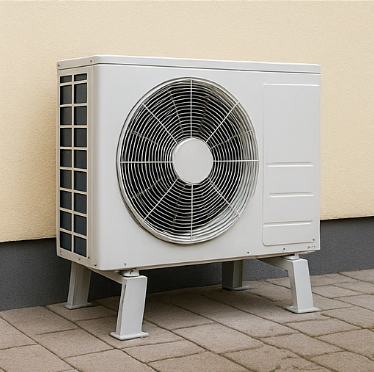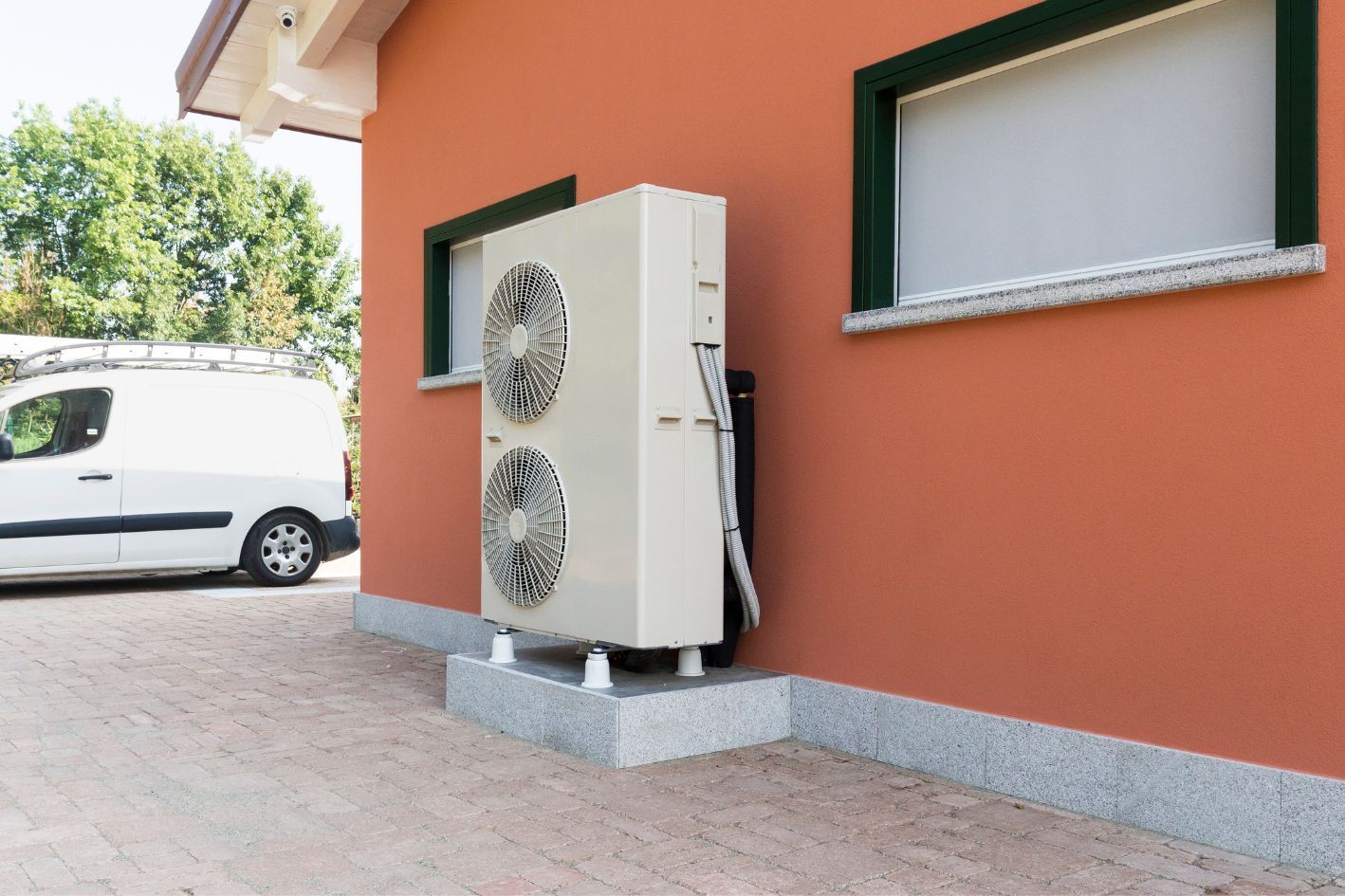Air Source Heat Pumps in Data Centres: Efficient Cooling Solutions
Data Centre Air Source Heat Pumps: Effective Cooling Options
An air source heat pump is an innovative heating system that extracts heat from the outside air and transfers it into your home. Unlike traditional heating systems that generate heat by burning fuel, heat pumps move existing heat from one place to another. This fundamental difference makes them incredibly efficient, as they can deliver up to three times more heat energy than the electrical energy they consume.
How Air Source Heat Pumps Work
The operation of an air source heat pump
follows a fascinating but straightforward process. The outdoor unit draws in air across a heat exchanger coil containing refrigerant. Even in cold temperatures, this air contains heat energy that causes the refrigerant to evaporate. The system then compresses this refrigerant, significantly increasing its temperature. This hot refrigerant circulates through another heat exchanger inside your home, releasing its heat into your living space through radiators, underfloor heating, or warm air.
Cooling Capabilities
A remarkable feature of air source heat pumps is their ability to reverse this process during warmer months. By switching the direction of heat transfer, the system can extract heat from inside your home and release it outdoors, effectively cooling your living spaces. This dual functionality makes heat pump systems a versatile solution for year-round comfort.
Energy Efficiency and Cost Savings
The exceptional efficiency of air source heat pumps translates directly to lower energy bills. Because they transfer heat rather than generate it, they can be 300-400% efficient in ideal conditions. Modern heat pump technology performs effectively even in cold climates, making it suitable for various geographical locations and providing substantial savings compared to conventional heating methods.
Environmental Benefits
By utilising renewable heat from the air,
air source heat pumps significantly reduce carbon emissions
compared to fossil fuel systems. This environmentally friendly approach to heating aligns with global efforts to reduce carbon footprints while providing reliable, consistent warmth for your home.












